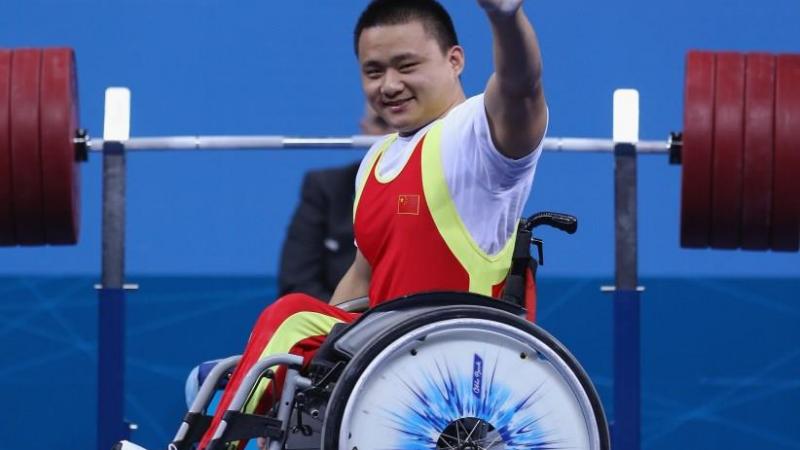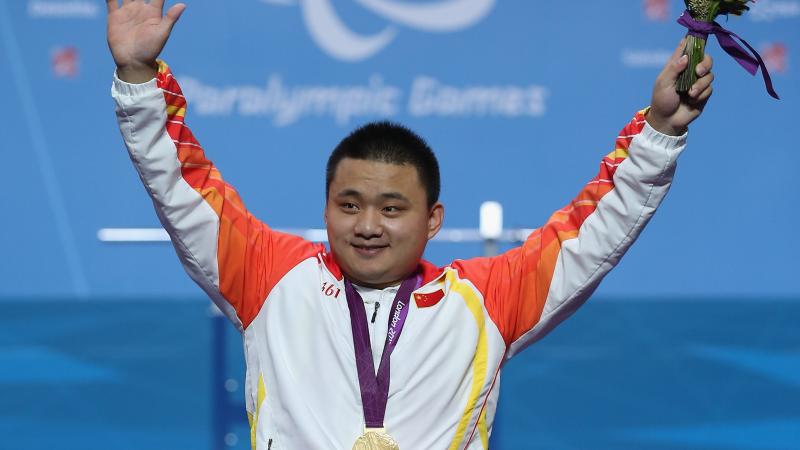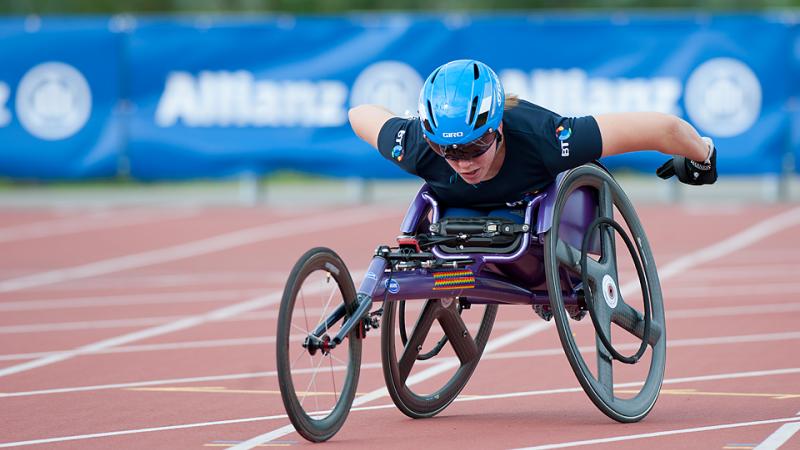Fatma Omar’s anti-doping suspension reduced to one year
The Egyptian powerlifter had her suspension reduced after appealing her case to the Court of Arbitration for Sport. 26 May 2015
Official logo of the International Paralympic Committee
Egyptian powerlifter Fatma Omar has had her suspension for an anti-doping violation reduced to one year after presenting new evidence at an appeal hearing to the Court of Arbitration for Sport (CAS).
Omar had originally been suspended for two years from 16 May 2014 and fined EUR 1,500 after returning an adverse analytical finding for Clomiphene in a urine sample provided on 8 April 2014 following her participation at the IPC Powerlifting World Championships in Dubai, UAE. Clomiphene is on the World Anti-Doping Agency (WADA) 2014 Prohibited List under the category S4. Hormone and Metabolic Modulators and is prohibited both in and out of competition.
After Omar presented new evidence to the CAS, the International Paralympic Committee (IPC) and the athlete agreed to reduce her suspension to one year based on article 10.4 of the IPC anti-doping code which allows for the elimination or reduction of a period of ineligibility for specified substances under specific circumstances.
Although her suspension finished on 15 May 2015, Omar will only be eligible to return to competition once she pays the EUR 1,500 fine from the original sanction.
As a signatory of the World Anti-Doping Code (WADC), the IPC remains committed to a doping free sporting environment at all levels. The IPC, together with the International Federations and the National Paralympic Committees, established the IPC Anti-Doping Code to prevent doping in sport for Paralympic athletes, in the spirit of fair play. The IPC Anti-Doping Code is in conformity with the general principles of the WADC.
In 2015, IPC Powerlifting is continuing its Raise the Bar - Say No! to Doping campaign at every major competition with the aim of educating athletes and teams about anti-doping.

 Facebook
Facebook
 Instagram
Instagram
 Twitter
Twitter
 Youtube
Youtube







